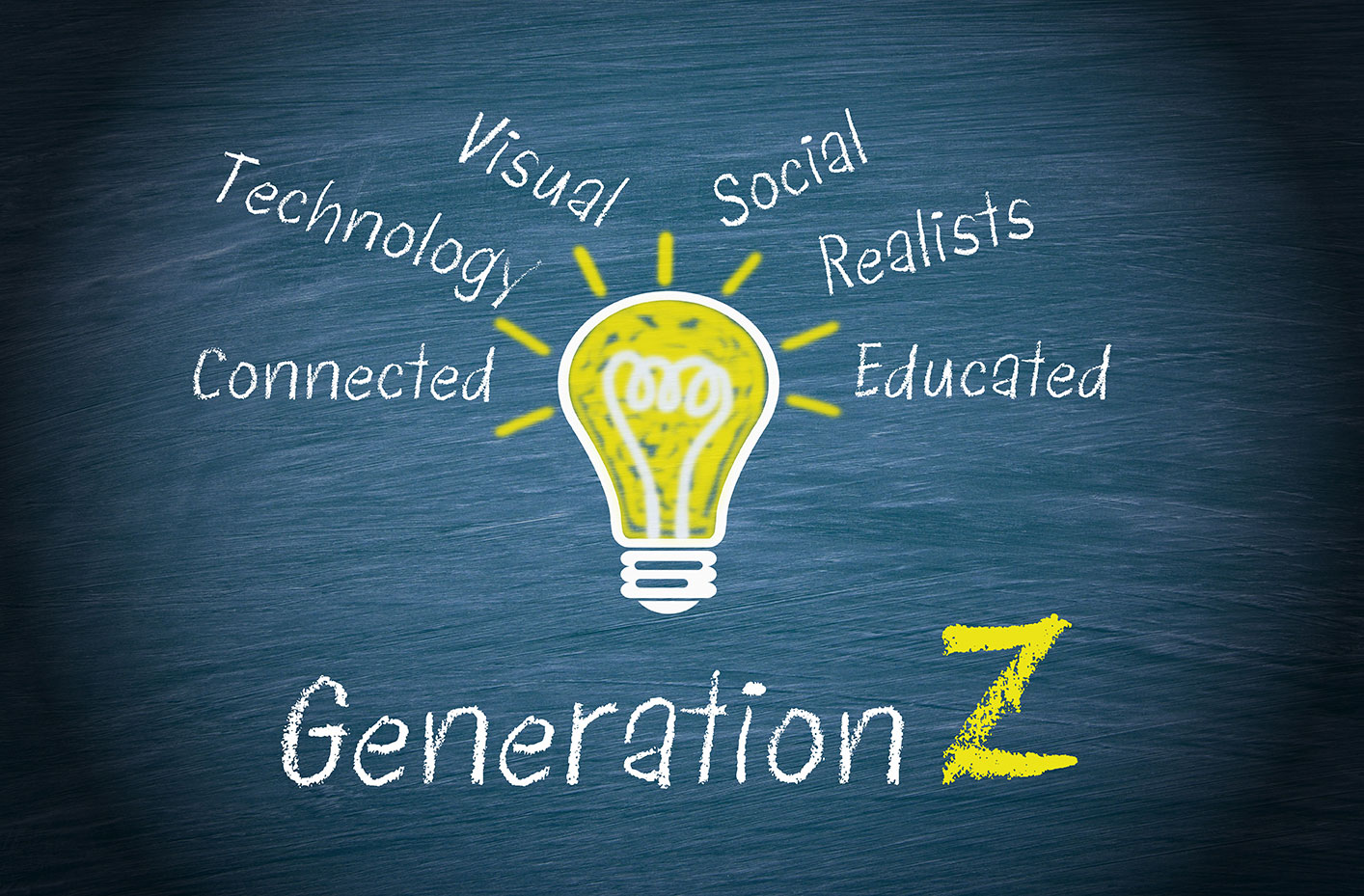Having digital natives in the classroom will shift perceptions on EdTech, sparking a revolution in education

Generation Z are widely defined as those born in the late 1990s and so, with some now in their early twenties, we are going to start to see more and more of them in teaching positions. What will this demographic shift within the profession mean for the education sector going forward?
Oddly, in contrast to the fast-paced nature of most of the world, teaching remains a broadly old-fashioned profession in the UK with learning by rote continuing to dominate. With a few tweaks here and there, Millennials have largely been doing the job in the same way that Generation X do. However, as more of Generation X retire and inevitably, Millennials move into more leadership roles in the sector it seems like the educational sphere is due for a paradigm shift in working practice.
There has been much talk recently of the role of the Metaverse, and while I think we are some way off from children permanently sitting at home with goggles on in an augmented reality classroom, it does seem likely that technology will be at the heart of this educational metamorphosis.
While most Millennials have come to embrace technology, both in their personal and professional lives, Generation Z teachers are going to be the first digital natives educating children. The everyday technology we take for granted now wasn’t something that arrived in their teenage years, they were born into a world of the internet, smartphones, and social media.
This will surely influence their teaching methods. While EdTech is becoming more integrated into British schools, there remains a level of scepticism about it. A feeling that it is there to replace teachers. As a former teacher, and current Director of Education at a leading EdTech company, I know this couldn’t be further from the truth.
To be clear, nothing can replace what an actual teacher provides. However, used properly, EdTech can be a transformational tool that can support students by personalising learning for them and tracking their individual progress. It can also be of huge benefit to teachers by streamlining processes such as lesson planning and marking in order to save them time.
With more millennials in leadership roles and Generation Z at the coal face of education, surely now is the time for EdTech to stop being something that is used in a piecemeal and ad hoc way varying from school to school. This is the perfect opportunity for the education sector to create a new normal whereby technology, and all the benefits it can offer, can be put front and centre.
Gen Z teachers are much more likely to embrace the positives of technology, as simply, they are more used to its daily presence in their lives and the assistance it can offer. Hopefully this shift in attitude towards EdTech will be a launchpad to bring the education system in the UK into this century and allow it to be an open and forward-facing sector.
Frankly, in order to keep much needed Gen Z teachers in the profession, such adaptations will be necessary. It’s clear that younger people have different feelings and priorities with regard to their careers to those that have come before them. Money and ladder climbing seem to be less important, with well being and flexibility in the workplace being more prized. If Gen Z teachers aren’t happy in their jobs, for the most part, they simply won’t stay.
The headlines regarding teacher shortages during Omicron over the last few months have shown us how important it is to recruit and retain more teachers. So I hope the views of Gen Z on technology and other issues will be taken into consideration. Some from older generations have christened those after them ‘snowflakes’ for being too emotional or entitled, which is a shame.
These young people are digitally savvy and able to teach children about how to be safe online from personal experience, they are also largely more in tune with their own mental health and wellbeing, something it can only be positive for students to see. Our children have a lot to learn from Gen Z teachers and we should welcome them, and the educational revolution they may bring, into the classroom. RIP blackboards.
About Emma
Emma spent over ten years as a high performing Lead Practitioner and Head of English in London, she was also an English Consultant for a number of large trusts and The PiXL Club. Emma is a published author with Harper Collins, York Notes and OUP and spent some time at the BBC and think tank Policy Exchange.

We can have you set up in just 24 hours!
It’s so quick and easy to get GCSEPod for your school. Simply click on the button below and we will talk you through the process. Don’t worry you don’t have to do anything, we will do it all for you.
